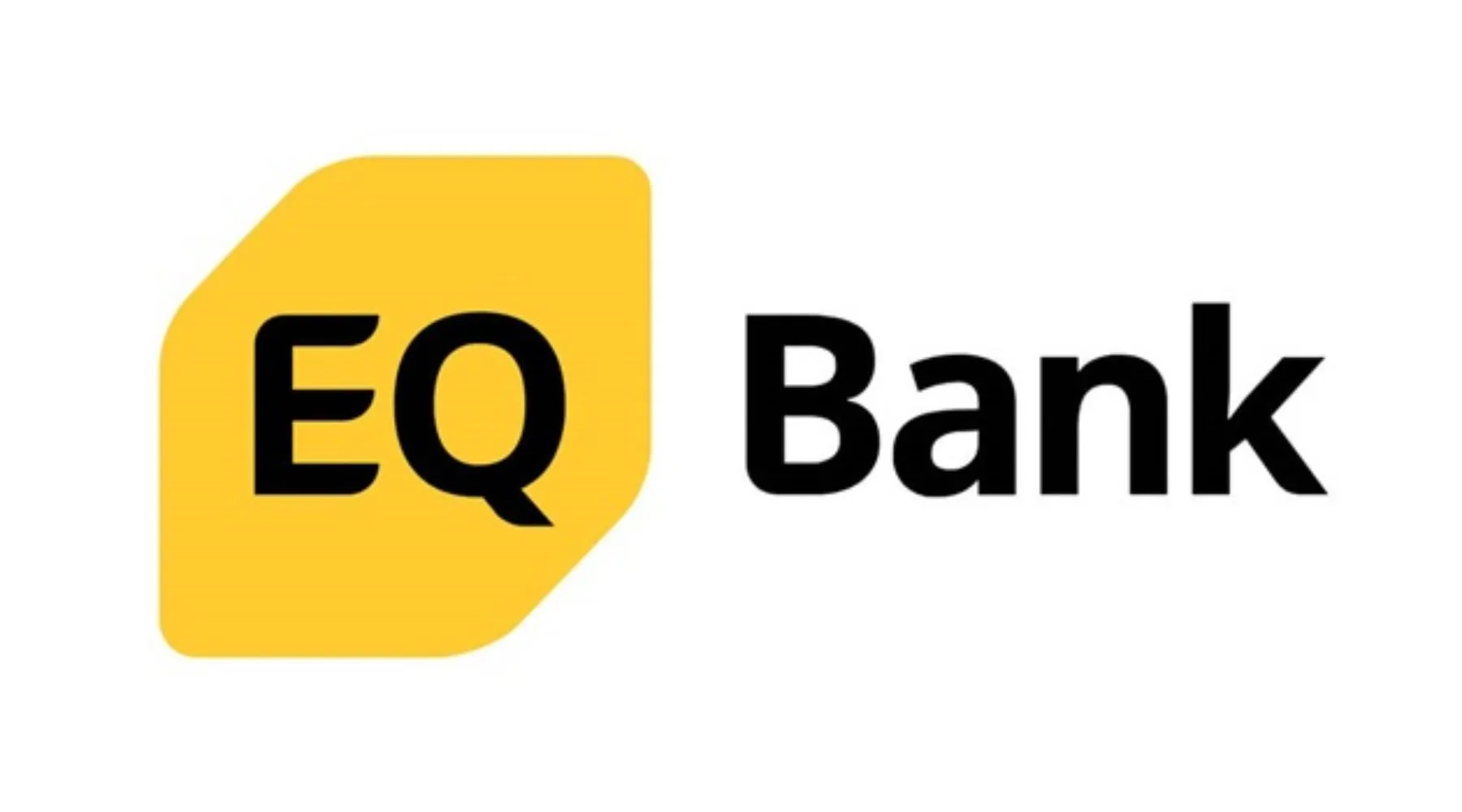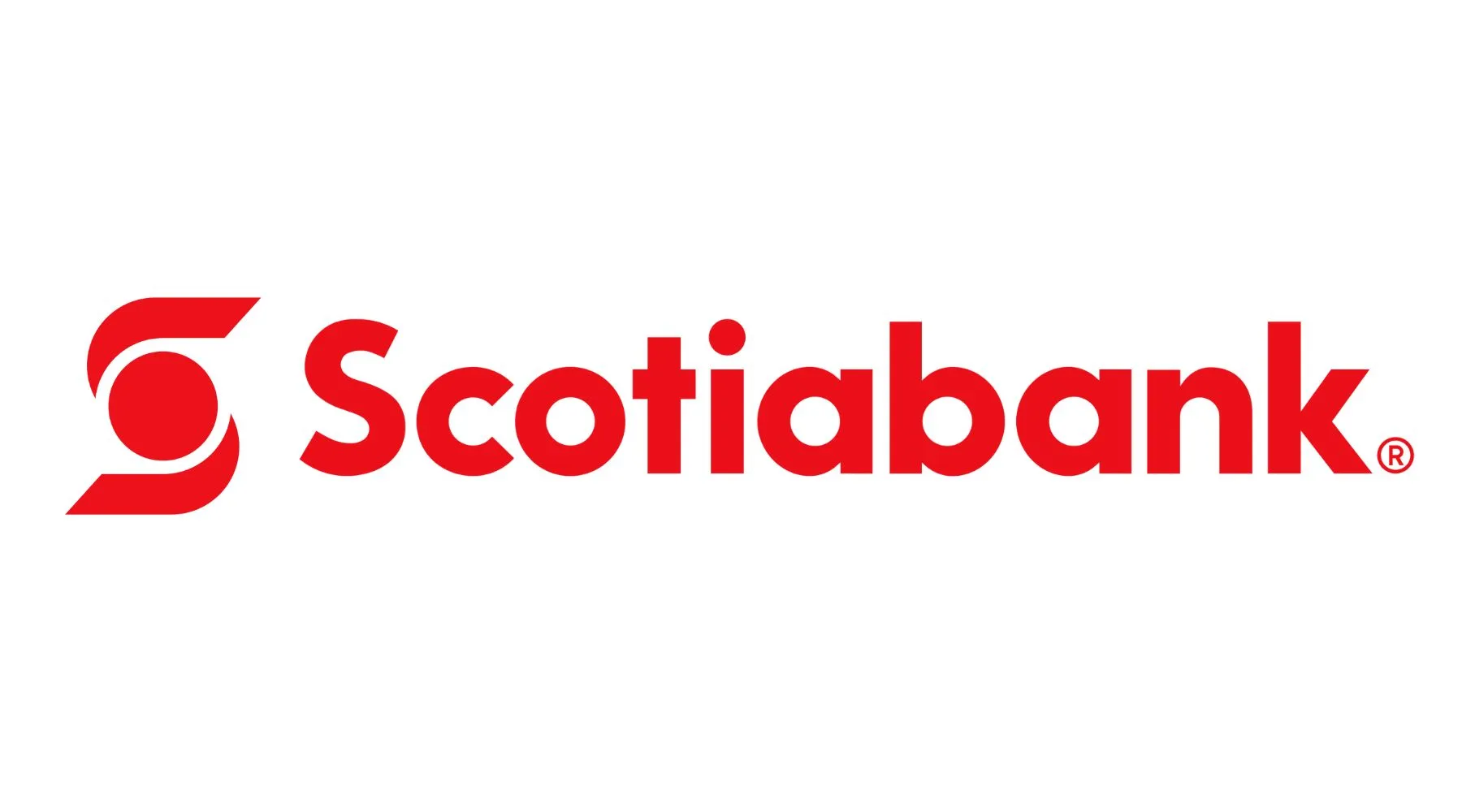EQB is a banks-regional business based in Canada. EQB stocks (EQB.TO) are listed on the TO and all prices are listed in Canadian Dollars. Its last market close was C$60.1 – an increase of 2.56% over the previous week. EQB employs 1,393 staff and has a trailing 12-month revenue of around C$710.3 million.
How to buy EQB stock
Open a stock trading account. Use our comparison table or choose from our Top Picks.
Confirm your payment details. Fund your account with a bank transfer, debit card or credit card and take advantage of any signup bonuses.
Search for the stock by name or ticker symbol – EQB. It’s that simple.
Finder’s Pick for
Global Trading
Finder’s Pick for
No Commissions
Finder’s Pick for
Free Trades
Finder’s Pick for
Customer Service
How we chose our Finder’s Picks
We evaluate stock trading platforms against a range of metrics that include fees, ease of use, available securities and advanced tools to meet specific investor needs. You can learn more about our methodology here. We encourage you to compare stock platforms to find one that’s best for your particular budget and goals.Our pick for customer service. We chose Questrade for this category because it has a steady history of providing reliable customer service. In addition, it’s an easy-to-use platform with competitive fees.Our pick for global trading. We chose Interactive Brokers for this category because it offers extensive trading capabilities and access to advanced trading tools to help traders in their investing journey, as well as access to a large number of international stock exchanges. Our pick for no commissions. We chose National Bank Direct Brokerage for this category because it is the first bank in Canada to eliminate commissions when you trade stocks, ETFs, options and other investments. Our pick for free trades. We chose Wealthsimple for this category because it offers commission-free trading. With no account fee, the mobile app is clean and intuitive to use.
EQB stock price (TO:EQB)
Use our graph to track the performance of EQB stocks over time.
EQB shares at a glance
Information last updated 2022-12-05.Latest market closeC$60.1052-week rangeC$44.81 – C$77.5150-day moving average more info buttonC$50.61200-day moving average more info buttonC$58.04Wall St. target priceC$79.38PE ratio more info button6.916Dividend yield more info buttonC$1.05 (2.25%)Earnings per share (TTM) more info buttonC$8.69
Compare stock trading platforms
Note: The dollar amounts in the table below are in Canadian dollars.
Is it a good time to buy EQB stock?
The technical analysis gauge below displays real-time ratings for the timeframes you select. This is not a recommendation, however. It represents a technical analysis based on the most popular technical indicators: Moving Averages, Oscillators and Pivots. Finder might not concur and takes no responsibility.
EQB price performance over time
Historical closes compared with the close of C$60.1 from 2022-12-02
1 week (2022-11-29)
1.69%
1 month (2022-11-04)
26.87%
3 months (2022-09-06)
18.61%
6 months (2022-06-06)
-2.39%
1 year (2021-12-06)
-18.05%
2 years (2020-12-04)
-38.30%
3 years (2019-12-06)
111.15
5 years (2017-12-06)
69
Is EQB under- or over-valued?
Valuing EQB stock is incredibly difficult, and any metric has to be viewed as part of a bigger picture of EQB’s overall performance. However, analysts commonly use some key metrics to help gauge the value of a stock.
EQB’s P/E ratio
EQB’s current share price divided by its per-share earnings (EPS) over a 12-month period gives a “trailing price/earnings ratio” of roughly 7x. In other words, EQB shares trade at around 7x recent earnings.
EQB’s PEG ratio
EQB’s “price/earnings-to-growth ratio” can be calculated by dividing its P/E ratio by its growth – to give 0.27. A low ratio can be interpreted as meaning the shares offer better value, while a higher ratio can be interpreted as meaning the shares offer worse value.
The PEG ratio provides a broader view than just the P/E ratio, as it gives more insight into EQB’s future profitability. By accounting for growth, it could also help you if you’re comparing the share prices of multiple high-growth companies.
EQB financials
Revenue TTM
C$710.3 million
Operating margin TTM
56.68%
Gross profit TTM
C$650.6 million
Return on assets TTM
0.82%
Return on equity TTM
15.1%
Profit margin
42.86%
Book value
C$61.14
Market capitalisation more info button
C$2.3 billion
TTM: trailing 12 months
EQB share dividends
13%Dividend payout ratio: 13.4% of net profits
Recently EQB has paid out, on average, around 13.4% of net profits as dividends. That has enabled analysts to estimate a “forward annual dividend yield” of 2.25% of the current stock value. This means that over a year, based on recent payouts (which are sadly no guarantee of future payouts), EQB shareholders could enjoy a 2.25% return on their shares, in the form of dividend payments. In EQB’s case, that would currently equate to about C$1.05 per share.
While EQB’s payout ratio might seem low, this can signify that EQB is investing more in its future growth.
EQB’s most recent dividend payout was on 29 December 2022. The latest dividend was paid out to all shareholders who bought their shares by 13 December 2022 (the “ex-dividend date”).
Have EQB’s shares ever split?
EQB’s shares were split on a 2:1 basis on 25 October 2021. So if you had owned 1 share the day before before the split, the next day you’d have owned 2 shares. This wouldn’t directly have changed the overall worth of your EQB shares – just the quantity. However, indirectly, the new 50% lower share price could have impacted the market appetite for EQB shares which in turn could have impacted EQB’s share price.
EQB share price volatility
Over the last 12 months, EQB’s shares have ranged in value from as little as C$44.81 up to C$77.508. A popular way to gauge a stock’s volatility is its “beta”.
EQB.TO volatility(beta: 1.71)Avg. volatility(beta: 1.00)LowHighBeta is a measure of a share’s volatility in relation to the market. The market (TO average) beta is 1, while EQB’s is 1.7118. This would suggest that EQB’s shares are more volatile than the average for this exchange and represent, relatively-speaking, a higher risk (but potentially also market-beating returns).
EQB overview
EQB Inc. , through its subsidiary, Equitable Bank, provides personal and commercial banking services to retail and commercial customers in Canada. The company accepts term deposits and guaranteed investment certificates, high interest savings accounts, tax-free savings accounts, and institutional deposit notes, as well as specialized financing solutions. Its loan products include residential mortgages; equipment loans; home equity, cash surrender value, and commercial equity lines of credit; business enterprise solutions comprising mixed use, multi-residential properties, retail spaces, office condominiums, and industrial buildings; and asset repositioning, inventory, term, and construction loans. The company also offers digital banking services, as well as a range of banking solutions, including international money transfers, US dollar accounts, and a suite of registered products. The company was formerly known as Equitable Group Inc. and changed its name to EQB Inc.
Frequently asked questions
What percentage of EQB is owned by insiders or institutions?
Currently 28.462% of EQB stocks are held by insiders and 22.669% by institutions.
How many people work for EQB?
Latest data suggests 1,393 work at EQB.
When does the fiscal year end for EQB?
EQB’s fiscal year ends in December.
Where is EQB based?
EQB’s address is: Equitable Bank Tower, Toronto, ON, Canada, M4V 3A1
What is EQB’s ISIN number?
EQB’s international securities identification number is: CA26886R1047
Disclaimer: This information should not be interpreted as an endorsement of futures, stocks, ETFs, options or any specific provider, service or offering. It should not be relied upon as investment advice or construed as providing recommendations of any kind. Futures, stocks, ETFs and options trading involves substantial risk of loss and therefore are not appropriate for all investors. Trading forex on leverage comes with a higher risk of losing money rapidly. Past performance is not an indication of future results. Consider your own circumstances, and obtain your own advice, before making any trades.


